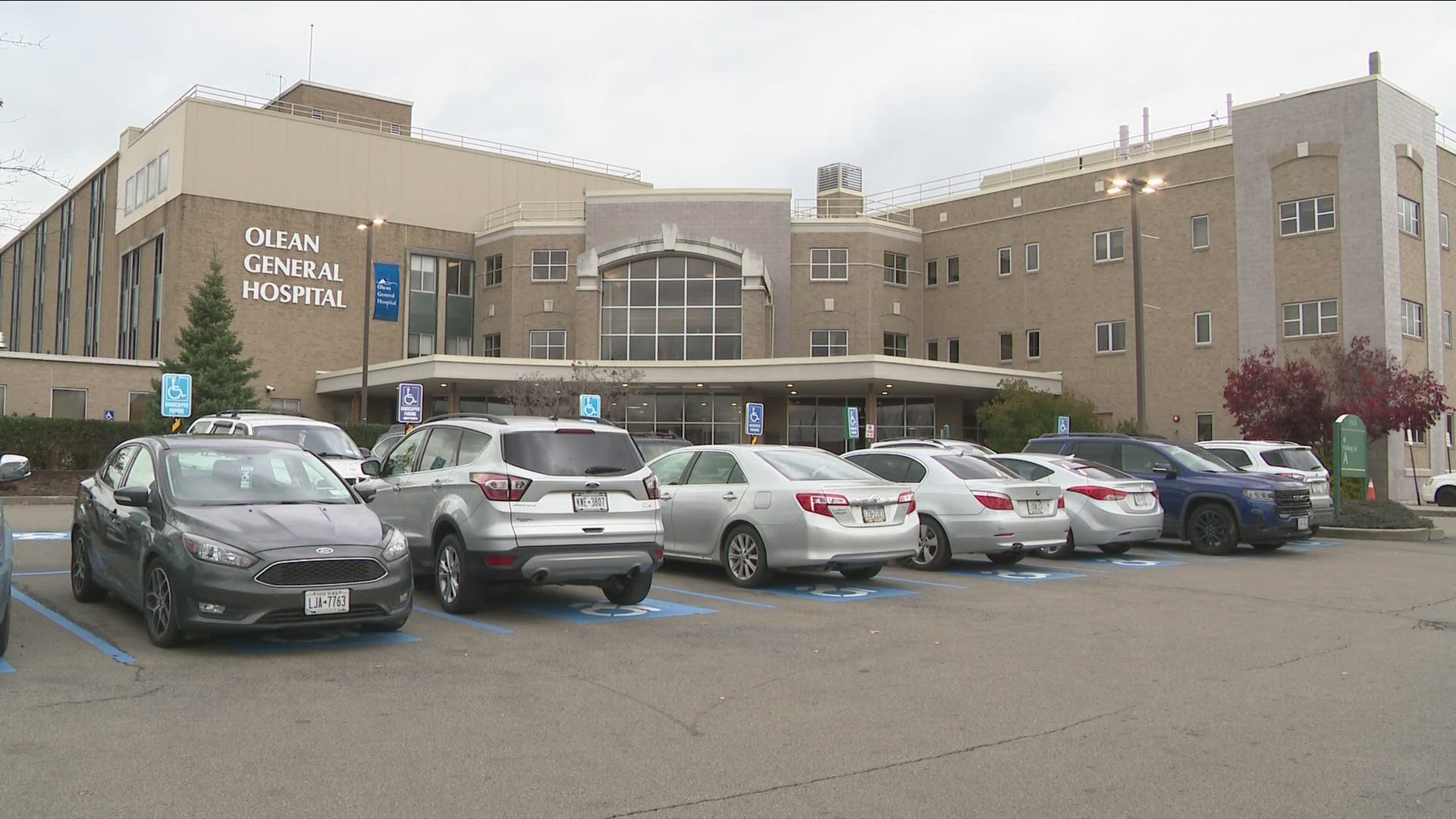ALBANY, N.Y. — Family members of incarcerated New Yorkers and corrections officers are calling on the state’s lawmakers and governor to ensure prisons and jails won’t again face a staffing shortage, barriers to social distancing and dangerous rationing of protective gear ahead of the next COVID-19 surge or pandemic.
Testing of people with symptoms at the state’s prisons and New York City jails revealed thousands of COVID-19 infections among incarcerated individuals and guards, who called on the state and New York City to act at a Tuesday legislative hearing.
Unions and reform groups urged New York to require regular COVID-19 testing, improve ventilation systems, increase funding and hiring for correctional health care and ensure all guards and inmates wear masks.
Human coronaviruses are usually spread through...
• The air by coughing or sneezing
• Close personal contact, such as touching or shaking hands
• Touching an object or surface with the virus on it, then touching your mouth, nose or eyes before washing your hands.
Help stop the spread of coronavirus
• Stay home when you are sick.
• Eat and sleep separately from your family members
• Use different utensils and dishes
• Cover your cough or sneeze with your arm, hot your hand.
• If you use a tissue, throw it in the trash.
Lower your risk
• Wash your hands often with soap and water for at least 20 seconds. If soap and water are not available, use an alcohol-based hand sanitizer.
• Avoid touching your eyes, nose, and mouth with unwashed hands.
• Avoid close contact with people who are sick.
• Clean and disinfect frequently touched objects and surfaces.
• If you are 60 or over and have an underlying health condition such as cardiovascular disease, diabetes or respiratory illnesses like asthma or COPD, the World Health Organization advises you to try to avoid crowds or places where you might interact with people who are sick.



